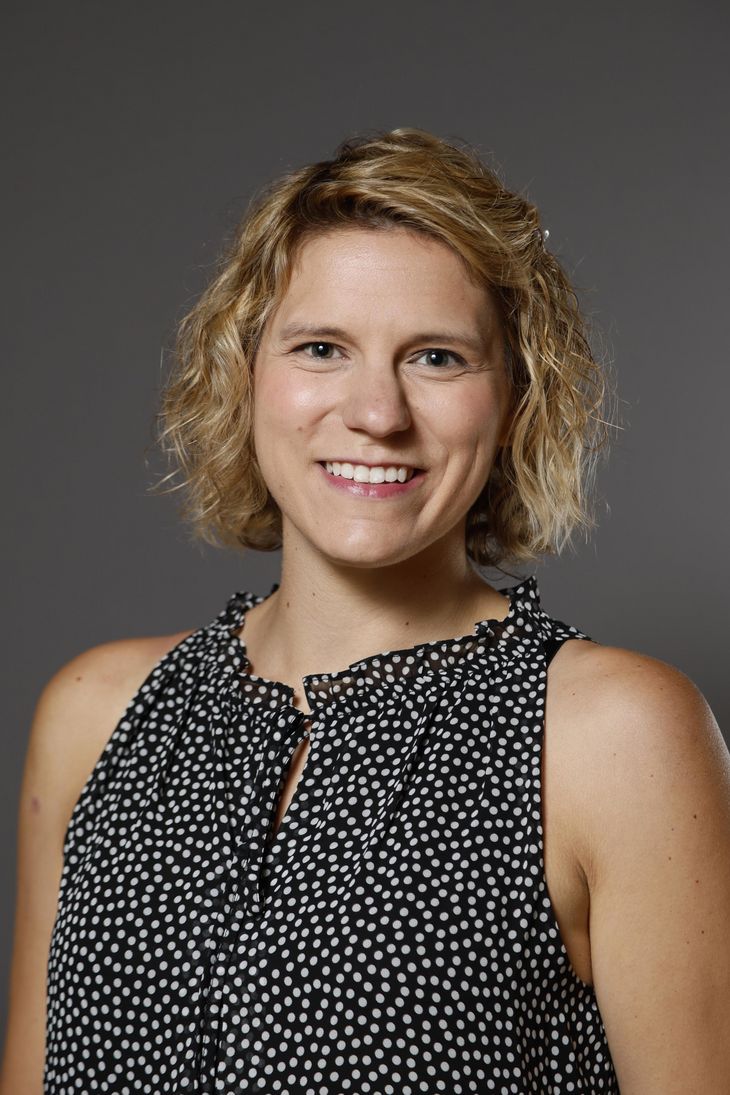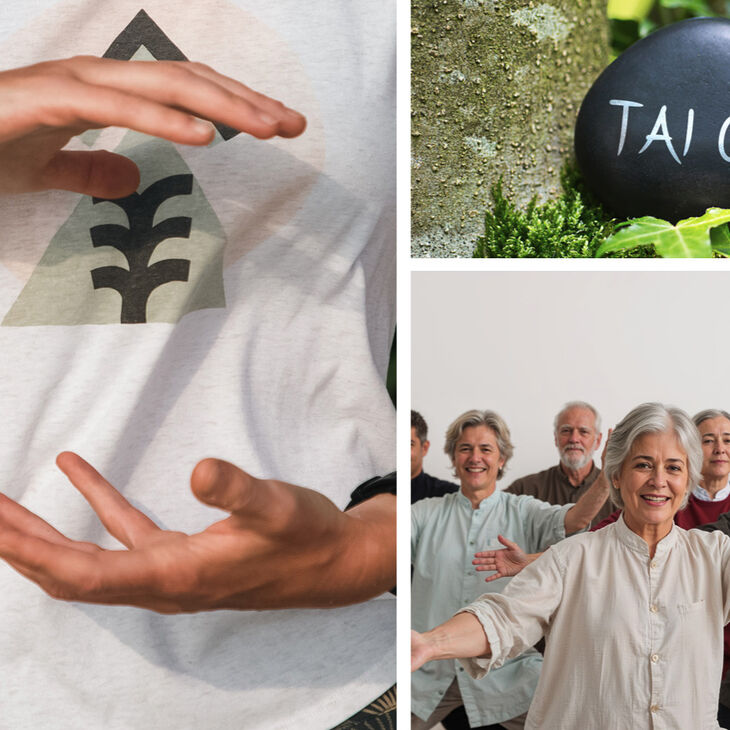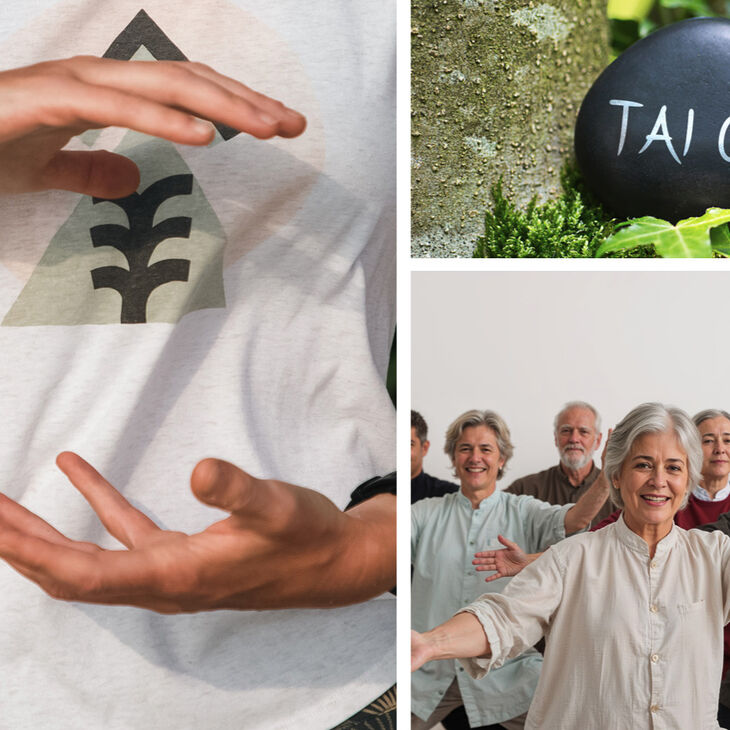McKenzie K. Jancsura

Dr. McKenzie Jancsura has a passion for improving maternal health outcomes. Her research investigates immunological pathways associated with preeclampsia and leverages behavioral and social interventions to modulate the immune response in pregnancy. Her research has investigated cytokines and DNA methylation across pregnancy to identify prediction tools for preeclampsia. She also explores how factors like diet, physical activity and stress impact the immune milieu in pregnancy as possible intervention targets to prevent pregnancy complications. Her work has been supported by the National Institutes of Health/National Institute of Nursing Research, the Heilbrunn Nurse Scholars Award, and the nuMoM2b Heart Health Study. Through this program of research, Dr. Jancsura hopes to develop clinically useful tools to predict risk of preeclampsia and develop interventions to mitigate the risk to improve outcomes for mothers and babies. As a faculty member in the College of Nursing, she teaches in undergraduate programs and mentors students at all levels.
Dr. Jancsura’s clinical experiences include labor and delivery, postpartum, well-women care and primary care in community health settings. Her clinical experiences informed her program of research as she watched families struggle with the uncertainty surrounding a preeclampsia diagnosis and the lasting health impacts. Dr. Jancsura completed her postdoctoral training in nursing and genetics at the University of Pittsburgh, PhD in nursing at Case Western Reserve University, and BSN and BA in international studies and global health at the University of Iowa.
News
U.S. News & World Report released new rankings today that place The Ohio State University College of Nursing’s online Master of Science in Nursing program No. 1 in the nation for 2026.
Joyce Calamese put off scheduling a routine preventive medical procedure for more than a decade until an Ohio State-trained community health worker strongly encouraged her to make the appointment. That intervention likely saved her life, the 67-year-old said.


